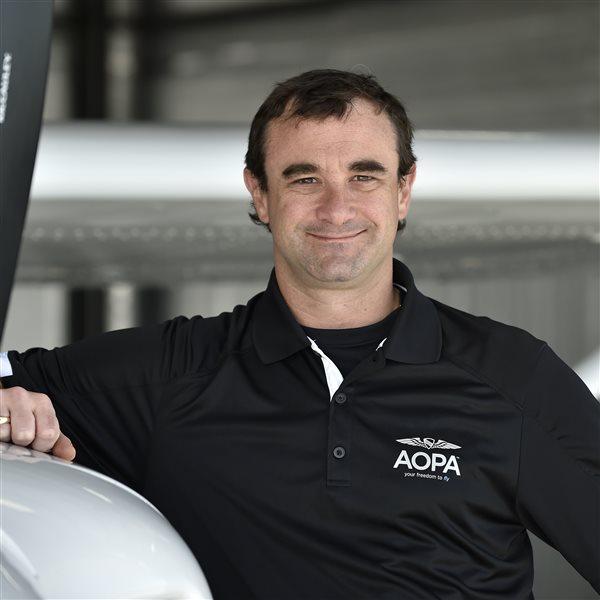Part 13 complaint filed against Jackson Hole airport
Potential second FBO says airport in violation of numerous grant assurances
Wyoming Jet Center wants to open a second fixed-base operator (FBO) at Jackson Hole Airport. But according to a Part 13 complaint the company has filed with the FAA, steps taken by Jackson Hole Airport Board to purchase the sole FBO and oppose a second FBO at the airport constitute a violation of federal grant assurances.
According to the complaint, the airport board “has engaged in several acts and omissions which are contrary to its obligations as the sponsor and operator of an airport that between 2005 and 2017 received $65,491,861 in Airport Improvement Act funding from the federal government.”
But Jackson Hole Airport Manager Jim Elwood disagrees.
In an interview with AOPA, Elwood explained that the airport would like to make changes to become friendlier to all segments of general aviation, but Wyoming Jet Center’s complaint and lawsuits are holding it back.
Elwood, who is a pilot, said, “The airport’s plans to improve GA have been delayed due to the actions of Wyoming Jet Center.”
“As soon as we can get these issues resolved, the airport intends to ensure the welcome mat is out for all classes of GA,” Elwood continued.
The airport board was ready to issue a request for proposals (RFP) for a second FBO in 2017 but revealed it instead planned to purchase Jackson Hole Jet Center for $26 million, according to the complaint. Considering the FBO only has $330,000 in tangible assets, numerous questions were raised about the purchase price and transparency.
Another issue raised by Wyoming Jet Center’s complaint and others is Elwood’s compensation. According to the local Jackson Hole News & Guide, “Elwood, who currently makes $210,000 a year, would be in line for a raise that would bring his pay to between $300,000 and $375,000, including incentive compensation. The recommendation was to also pay Elwood a separate undisclosed ‘closing bonus’ tied to the final purchase of Jackson Hole Aviation.”
The board appears to be exploiting a loophole in the federal regulations that allow it to ignore competitive requests if the airport itself owns the FBO.
Wyoming Jet Center’s complaint claims the loophole doesn’t apply because of a number of factors including the fact that the airport board has not yet actually purchased the FBO.
AOPA President Mark Baker said, “We believe there is enough traffic to support a second FBO at Jackson Hole, and competition would help the airport better serve all segments of aviation.”
The heads of AOPA, the Experimental Aircraft Association, and the General Aviation Manufacturers Association have written in support of Wyoming Jet Center’s application to open a second FBO.
Amid FBO industry consolidation, other airports are taking steps to add a second FBO to fight high fees, promote competition, and give pilots more options.
Heber City Municipal Airport in Utah, the most complained-about location in AOPA’s inquiry into airport access and unreasonable FBO fees, recently announced the city will issue a request for proposals for a second FBO. Rocky Mountain Metropolitan Airport in Colorado, which was on AOPA’s Airport Access Watch List, announced Sheltair will open a second FBO on the field. And Gerald R. Ford International Airport in Michigan, one of the top 50 most complained-about locations in AOPA’s inquiry, has an RFP out for a second FBO.
AOPA filed three Part 13 complaints with the FAA in 2017 over airport access. The association withdrew the complaint against Waukegan National Airport in Illinois after the airport announced alternate ramp space and access.
The FAA ruled mostly against AOPA’s two other complaints against Key West International Airport in Florida and Asheville Regional Airport in North Carolina and said that the grant assurance on reasonable and non-discriminatory pricing does not apply to GA ramps at private FBOs despite millions in taxpayer dollars being spent on those ramps and frequent lack of competition. AOPA disagrees with that interpretation. Part 13 complaints are considered informal and FAA decisions regarding them are not binding.




